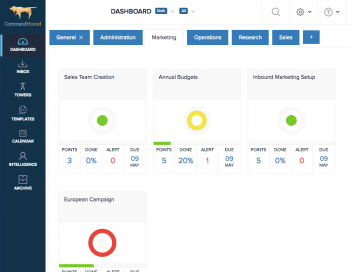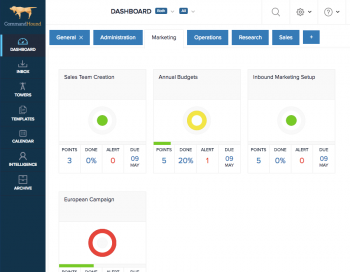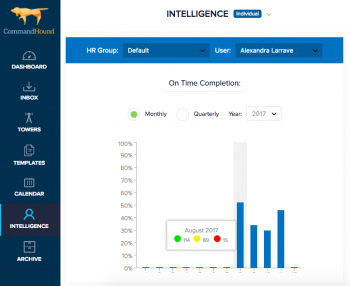Everybody talks about how HR should be a strategic function in any business. The thinking goes that once HR masters its day-to-day processing activities (e.g., hiring, training), it should be able to move on to more strategic endeavors like succession planning and/or talent acquisition.
Insights: Human Resources
The concept of tying compensation to accountability seems simple enough on the surface. However, making it real is way harder than it looks. And the biggest challenge is deciding what to measure performance against.
The gig economy is here to stay. Intuit estimates that by 2020, as many as 40 percent of Americans will be contingent, or “gig” workers. Gig workers can be freelancers, independent contractors, or any other outsourced employees who are hired on a per-project basis.
Some of these contingent workers choose to work outside of a payroll system either as full-time freelancers or as part-time workers who supplement their income by picking up gigs. Others take contingent jobs out of necessity even though they would prefer full-time employee status.
The annual performance review is an excruciating ritual that has been around for a really long time, but, in 2017, it’s just not cool anymore.
It is a 20th century model that just doesn’t work for the 21st century. Managers see them as time consuming and not always reflecting employees’ real contributions. Employees, especially millennials, can find them demeaning and unfair.
But how can we provide the feedback that is essential to an employee’s growth without a review? And how can management gather and organize information on employee performance to use in human resources decisions?
The worldwide cyberattacks in the news lately have worried businesses and individuals alike.
The ransomware attacks Petya and WannaCry have affected commercial businesses, governmental entities, and individuals by the thousands. But while the media focuses on these external attacks, internal network security threats remain one of the most common problems in security management.
When business owners and corporate leaders get together, it doesn’t take long for them to bring out the war stories of the difficulty of managing and retaining millennial employees.
We’ve all heard the complaints — They feel entitled to promotion regardless of the quality of their work. They have no loyalty. Their work ethic is sub par. Blah. Blah. Blah.
So, what happens when you have defined clear roles and responsibilities, expectations, compensation structures, performance tracking, and your efforts to develop a culture of accountability begin to take hold? It is time to act.
We constantly wonder why things keep falling through the cracks with no consequences to the offenders even when a performance review and/or reward system is in place. Remembering what goes on every day so it can be used and evaluated at a later time is a real challenge.
It has been proven that, if done right, gamification may increase engagement. What about taking these gaming concepts into the workplace to make accountability and the tracking of employee performance more fun?
Everybody talks about how HR should be a strategic function in any business. The thinking goes that once HR masters its day-to-day processing activities (e.g., hiring, training), it should be able to move on to more strategic endeavors like succession planning and/or talent acquisition.







